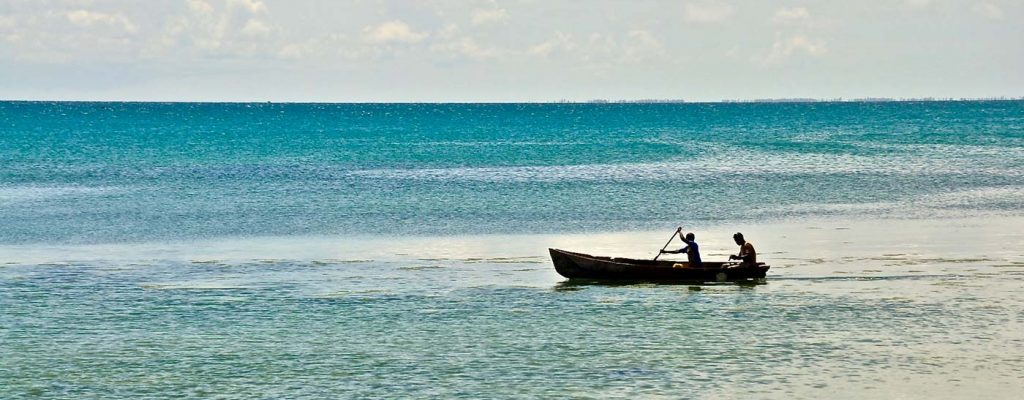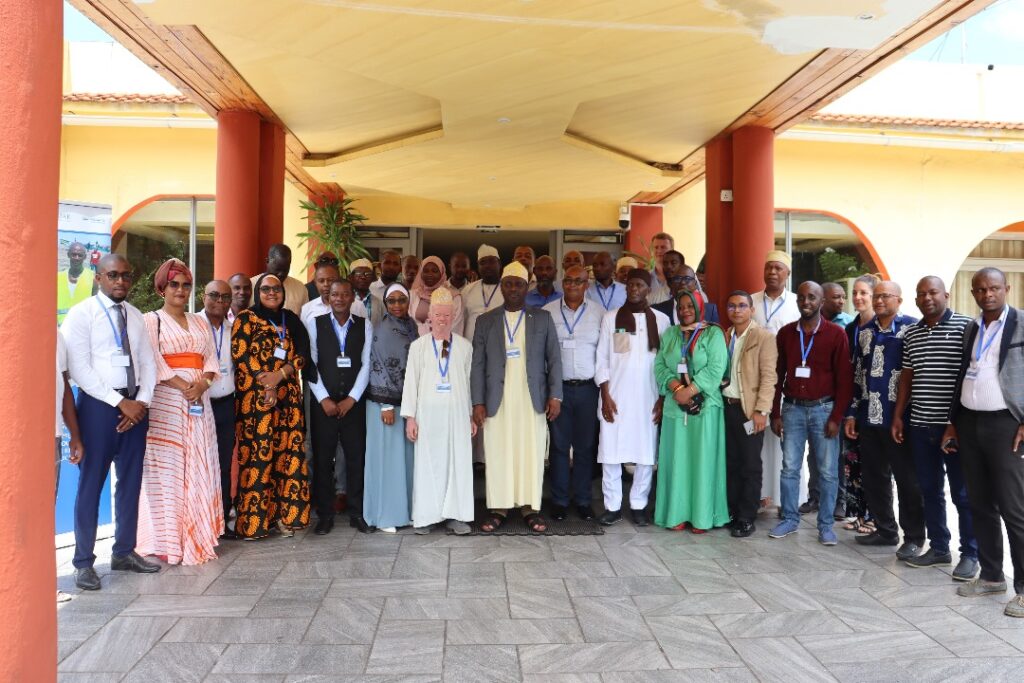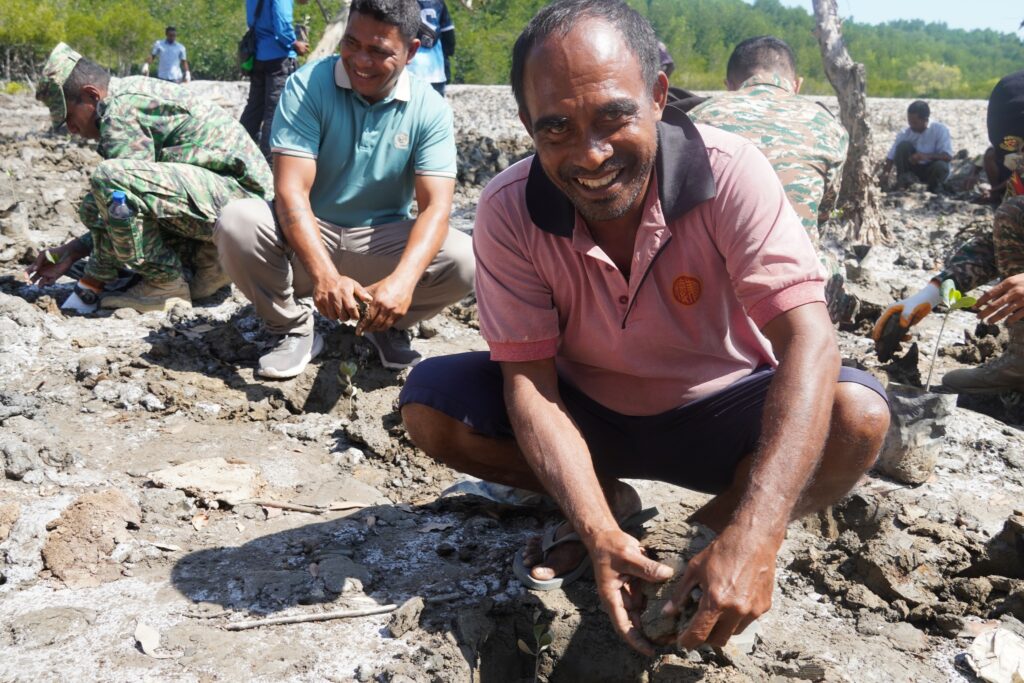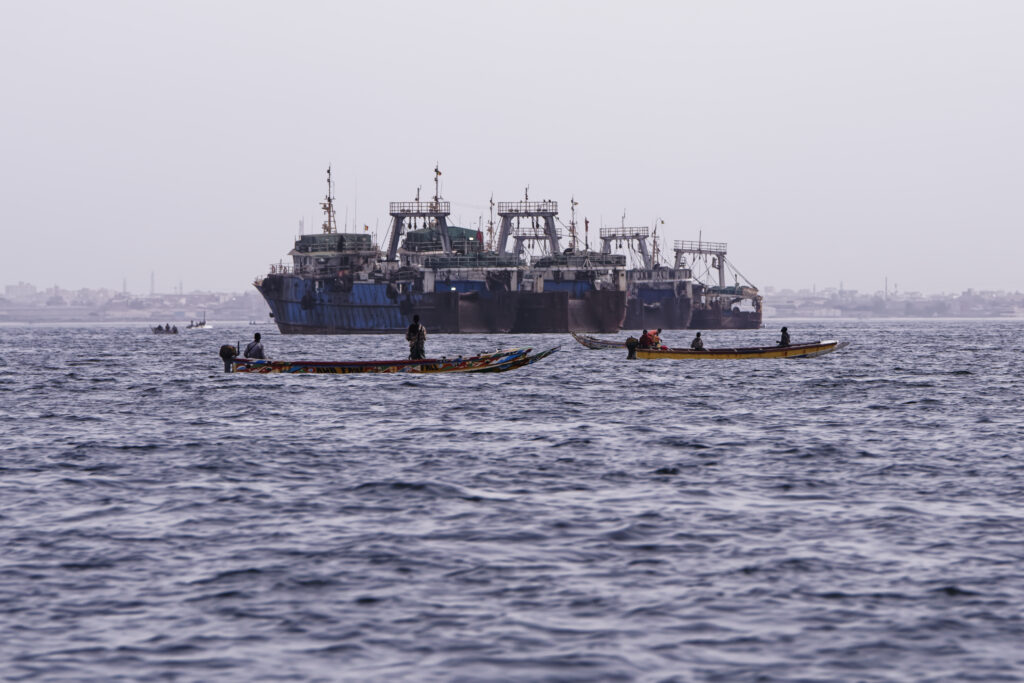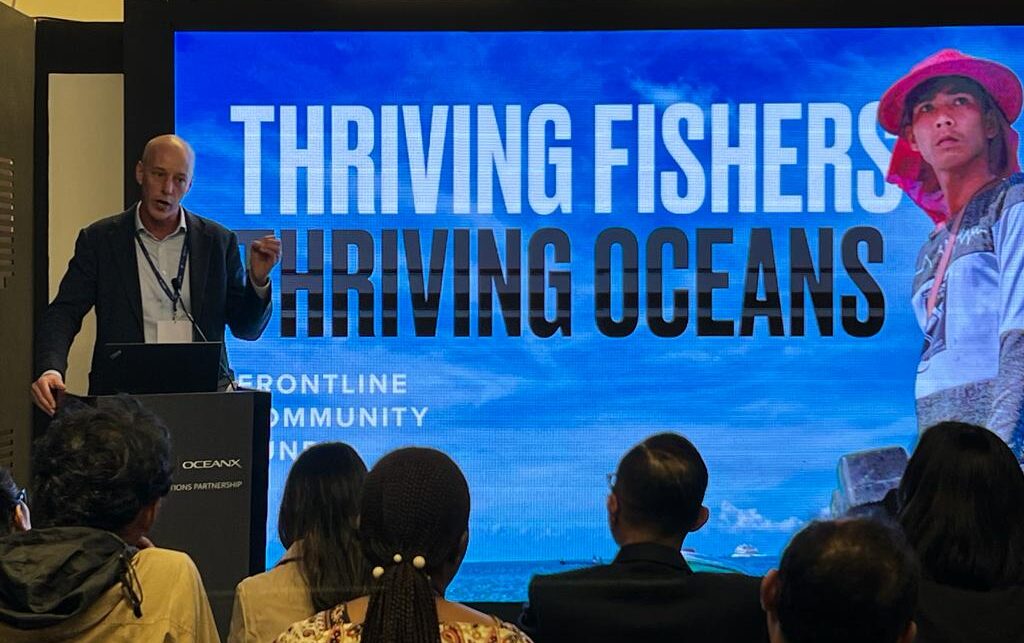Hooked
Our stories from the field
December 2023
Thriving fishers, thriving oceans
Leadership transition |
We recently shared the news that our board is looking to appoint a new leader for Blue Ventures. Dr Alasdair Harris (Al), our founding Executive Director, will step back from his role at the end of the current financial year. Under Al’s leadership, Blue Ventures has evolved from a single beach in a remote corner of Madagascar to a thriving, multi-award-winning organisation in more than a dozen countries, and one that is acknowledged as a world leader in putting communities at the heart of marine conservation. As we transition from a founder-led organisation to a founder-inspired one, we hope to bring in new talent and experience, particularly from the regions and countries in which we’re operating, and to continue to evolve our leadership towards a diverse and inclusive structure. |
In this edition of Hooked:
- Fishers in Kenya celebrate their first successful octopus fishery closure
- Moroni meeting shares community experiences in marine conservation
- World Fisheries Day in Timor-Leste
- How bottom trawling is precipitating the collapse of Senegal’s artisanal fisheries
- COP28 — the 2023 United Nations Climate Summit
- Hear from our partners
- In case you missed it
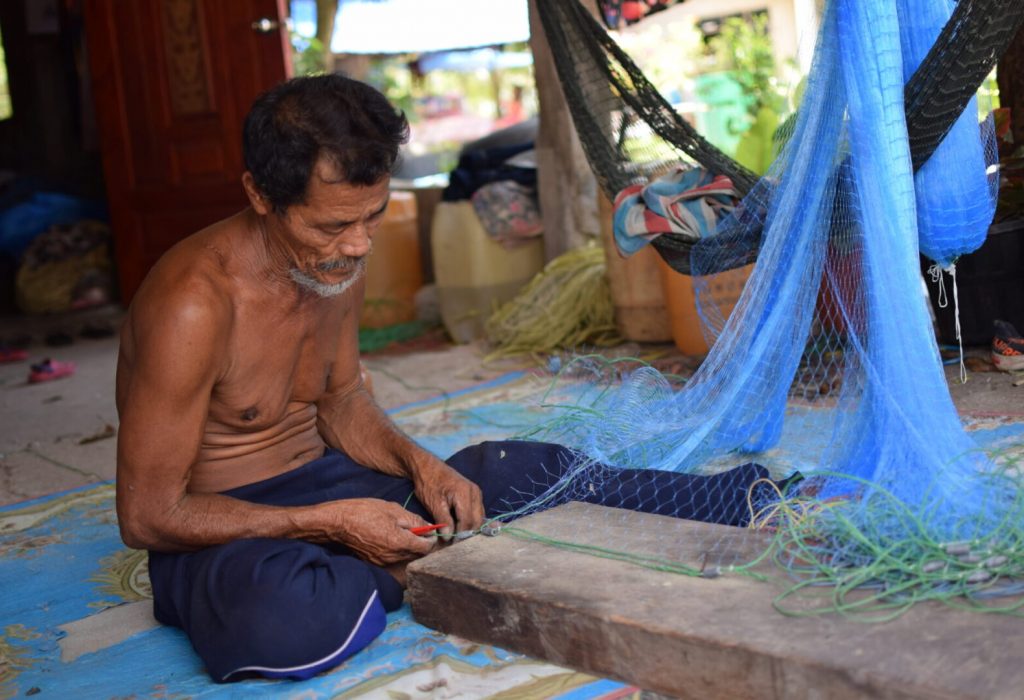
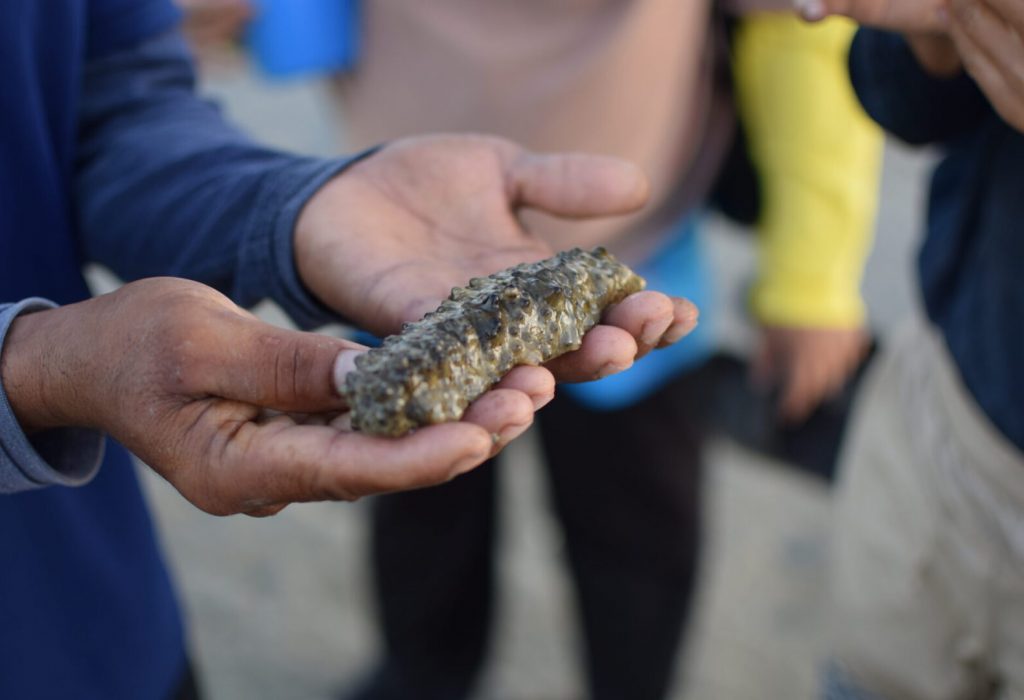
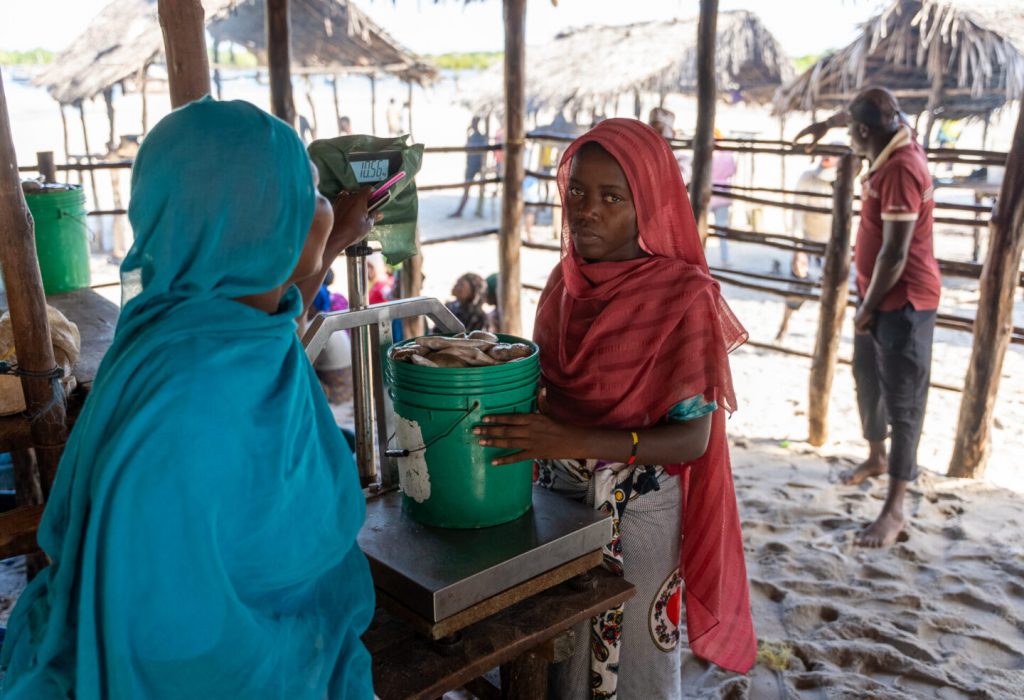
In Kenya’s Kwale county, the Munje community achieved a significant breakthrough by successfully implementing their first octopus fishery closure. The 3-day reopening of the closed area in Gazi Bay resulted in an impressive yield of 649 kilograms of octopus by 20 fishers.
The success came after the community overcame initial hesitation and a previous failed fishery closure due to a lack of collaboration between communities sharing common fishing areas, leading to issues such as poaching and illegal fishing activities. These challenges were resolved following a community learning visit to Pate Island, where the Gazi Bay fishers witnessed the positive results of fisheries closures.
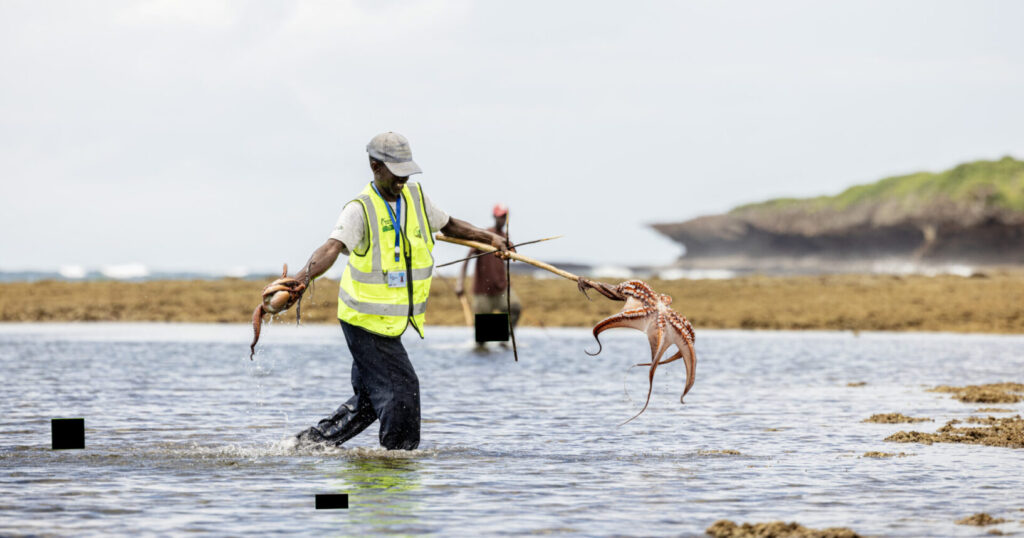
Moroni meeting shares community experiences in marine conservation from francophone African countries
Community members from Comoros, Senegal and Madagascar recently united in Moroni, the capital of Comoros, to champion community-based conservation and foster a collaborative approach to fisheries management. Participants shared experiences and best practices, and identified opportunities to work together to strengthen community led conservation.
“It was wonderful to see Blue Ventures’ partner, Dahari, praised by local authorities for how they have empowered communities to restore coastal fisheries and transform our relationship with our oceans. We were delighted that the Secretary General of the Ministry chaired this important workshop and gathered all national stakeholders responsible for fisheries and the conservation of fisheries resources,” said Aissata Dia, Blue Ventures’ Advocacy Advisor in Senegal.
World Fisheries Day in Timor-Leste
In Timor-Leste, the Secretaries of State for Fisheries and Forestry joined us in commemorating World Fisheries Day. The dignitaries, along with our partner organisation Konservasaun Flora and Fauna, participated in planting mangrove seedlings alongside fishers from the village of Hera.
“Small-scale fisheries play a vital role in Hera, providing income and food security. Mangroves are important nurseries for fish and so involving community members in their conservation ensures a sustainable future for generations to come,” said Bernardete Fonseca, Blue Ventures’ Country Director in Timor-Leste
The Transform Bottom Trawling Coalition funded a new investigative report produced by the Environmental Justice Foundation (EJF). Launched at a meeting in Dakar in October, the report reveals how bottom trawling is worsening Senegal’s fisheries crisis.
Across the country, bottom trawling, particularly by foreign vessels, risks dispossessing almost 170,000 coastal people of their fisheries livelihoods, sparking violent conflicts and driving food insecurity in highly vulnerable coastal communities. This research bolsters testimonies we have gathered over recent years from small-scale fishers and community members, but which have often been drowned out by powerful fishing lobbies.
Across dozens of events in COP28, we made the case for equity in climate finance and championed the importance of community-led nature-based solutions to the climate emergency. We also welcomed a declaration from Timor-Leste to establish new marine protected areas to tackle destructive industrial fishing. Our Executive Director’s Op-Ed highlighted our priorities to help decision makers avoid a cop out at these crucial talks.
Hear from our partners
“Our partnership began after a discussion with Blue Ventures about the challenges we were facing with our region’s octopus fisheries and the vision we had for a better future. We knew Sinaka village would benefit from a community-based approach to conservation and we were delighted the local people and leaders were so open to collaborating with us and Blue Ventures.
The most powerful achievement so far, has been the community consensus around locally led fisheries management. This is partly because the last 15 years have seen harmful practices and destructive fishing without it. We also implemented a temporary closure and set up a local surveillance group (Pokmaswas) called Si Jago Koat. The group oversees the fisheries management processes and has ownership over regulations.
There’s also substantial support from the government, particularly the Sinaka village government. They contribute not only to the establishment of regulations but also allocate a budget in the village budget to enhance infrastructure for Si Jago Koat.
We hope this partnership continues to flourish and evolve so we can realise our vision for a resilient and sustainable life for the local fishing communities in Mentawai.”
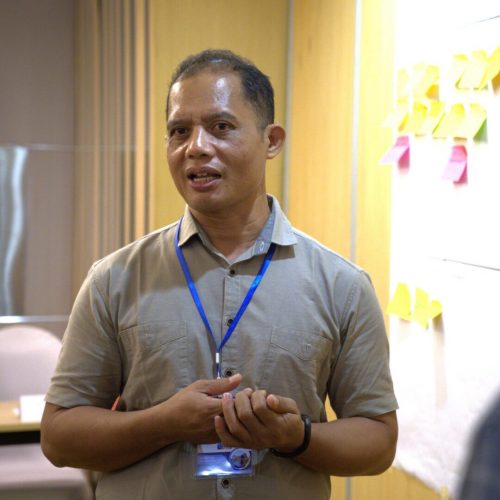
Reflection by Rifai Lubis, Director of YCMM
Blue Ventures has provided technical and financial support to YCMM since 2021, focusing on two communities, Sinaka and Korit Buah in Sinaka village, West Sumatra.
October
Award: Geo For Good – We were recognised for our real-world impact using Google’s mapping tools. We have used the Google Earth Engine to develop a mangrove mapping & monitoring tool
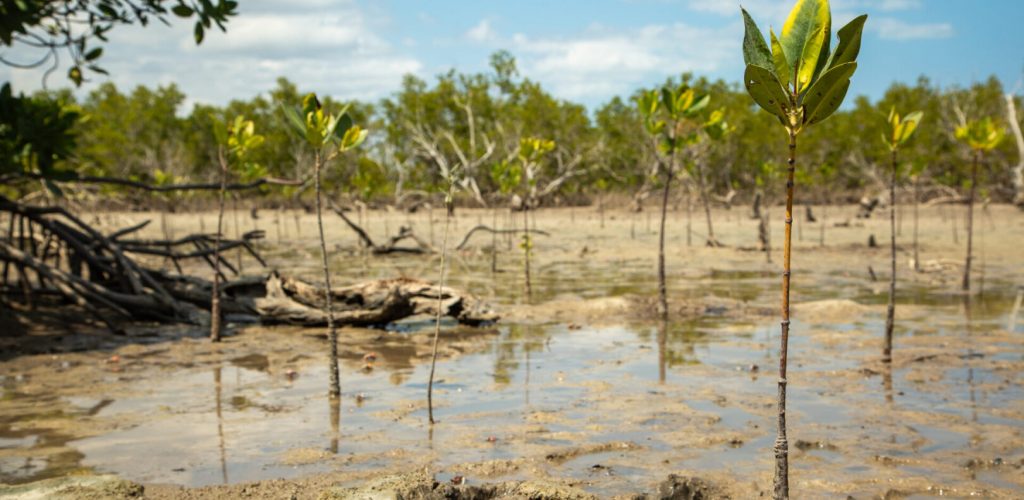
Publication: Best practice guidelines for mangrove restoration – Our colleagues Leah Glass and Lalao Aigrette contributed to the new resource which aims to align mangrove management stakeholders around accepted best practices for science-based and inclusive mangrove restoration.
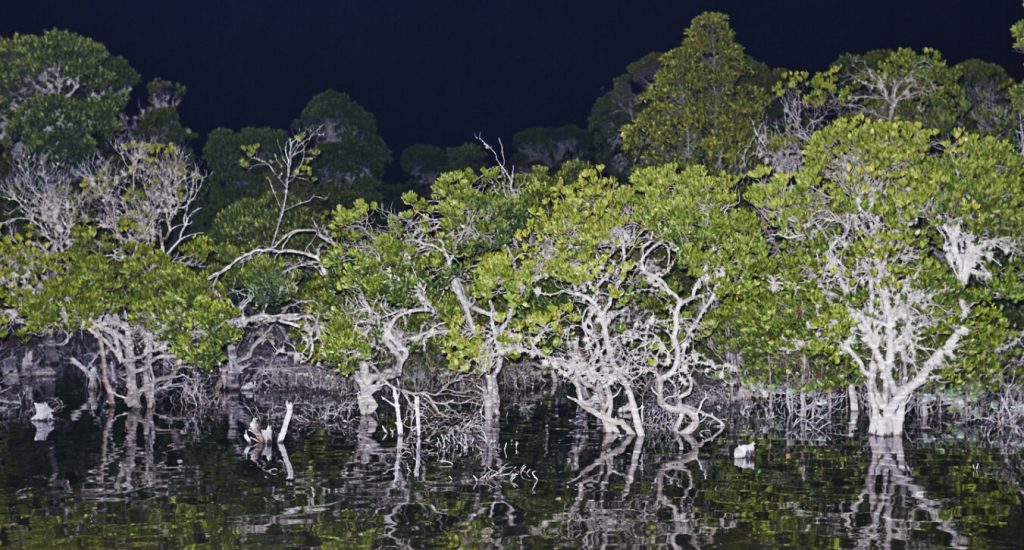
Media: Blue Ventures signed a joint statement to Prime Minister Srettha Thavisin – We joined 84 civil society organisations in a public statement urging Thailand’s Prime Minister not to roll back fisheries reforms.
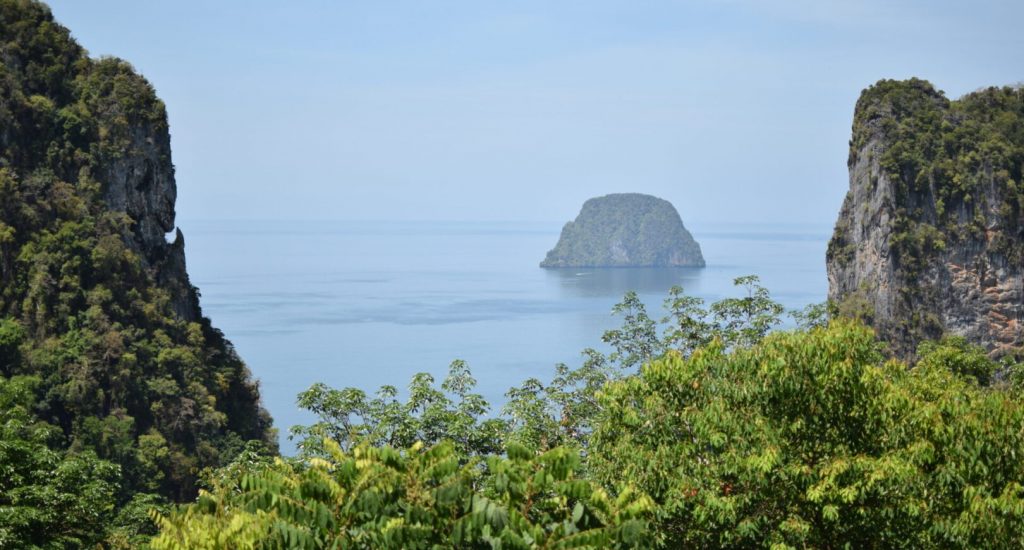
November
Photo story: How Tanzanian octopus fishery closures have transformed community and marine life – We documented the untold story of Songosongo, who recently caught over 35 tonnes of octopus after reopening an octopus fishery closure
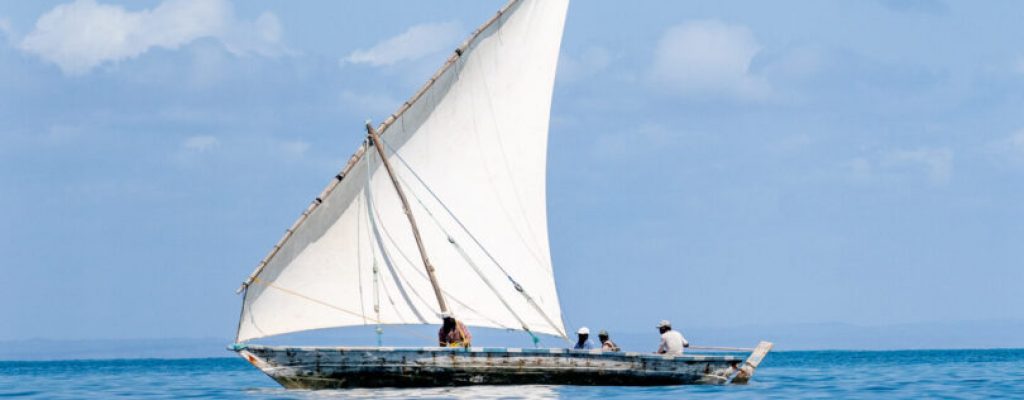
Video: World Fisheries Day – We made a short explainer video for Instagram raising awareness about the half a billion people who depend on small-scale fisheries for their livelihoods.
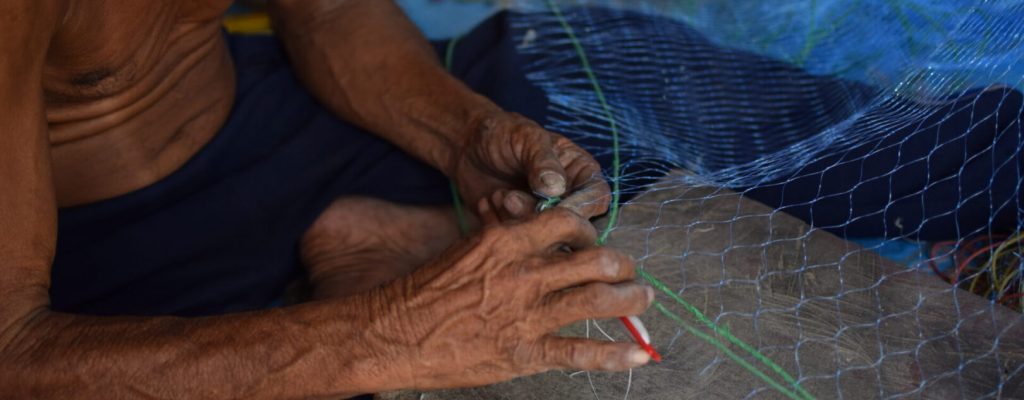
Newsletter: Transform Bottom Trawling Coalition The latest achievements and events from the TBT Coalition, including updates from coalition members.
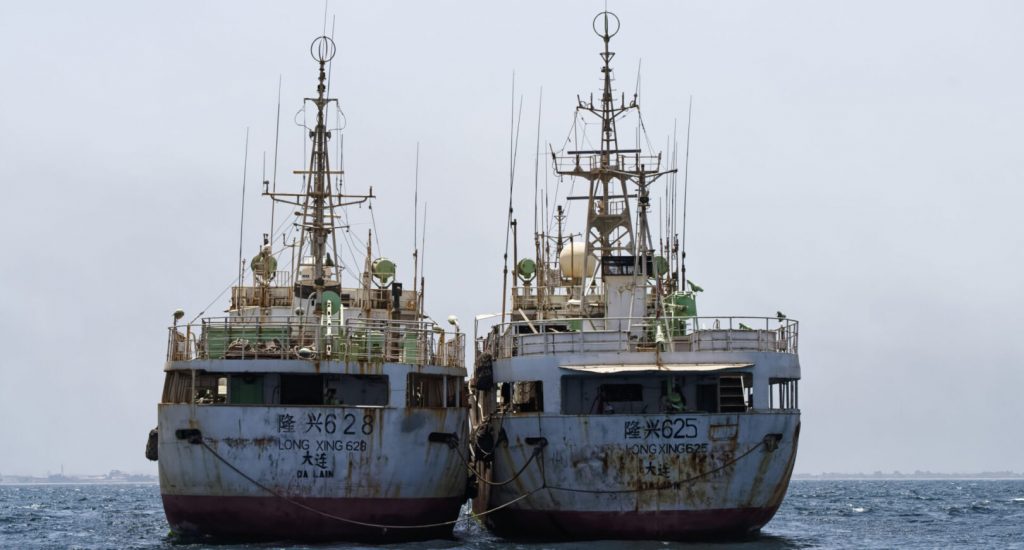
December
2023: Our year in review – Our virtual retrospective looking back on the last year of our work.
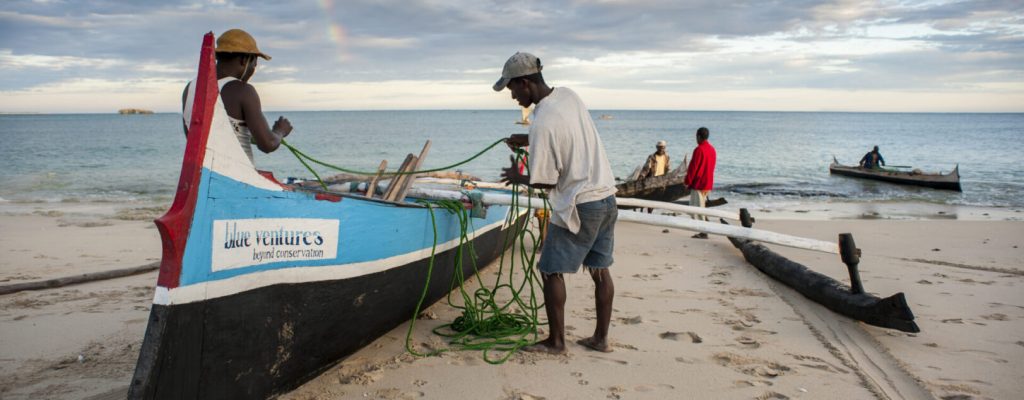
Blog: A year of action in West Africa – Our colleague Peter Bouckeart writes about how we formed key partnerships, opened joint offices in Dakar and the Casamance region of Senegal, conducted numerous learning exchanges, and began major mangrove replanting efforts
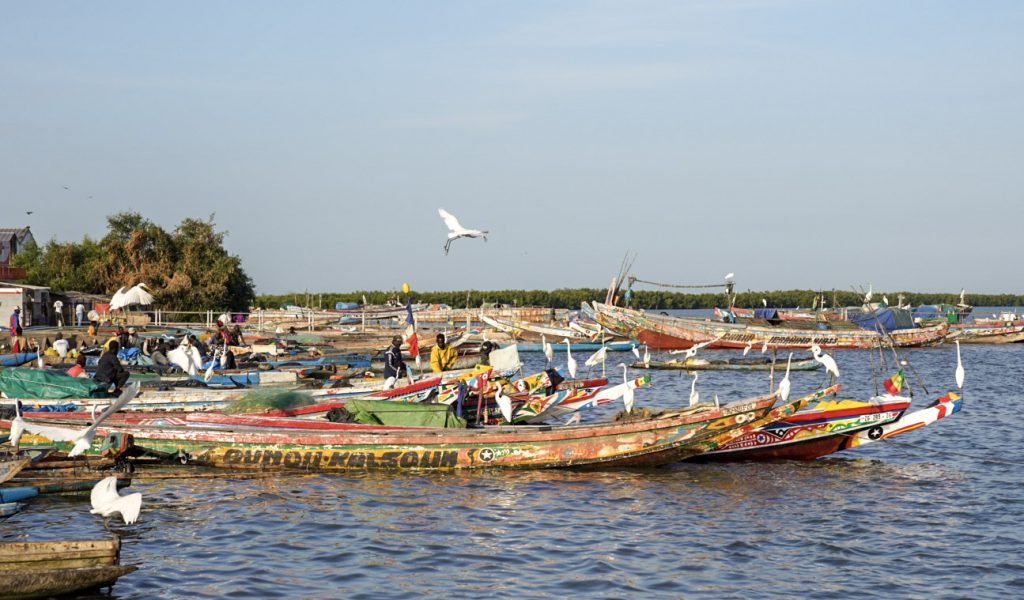
2024 Ocean leaders announced – Indah Rufiati, our Fisheries Lead, was selected to join an executive leadership program focused on supporting ocean professionals.
